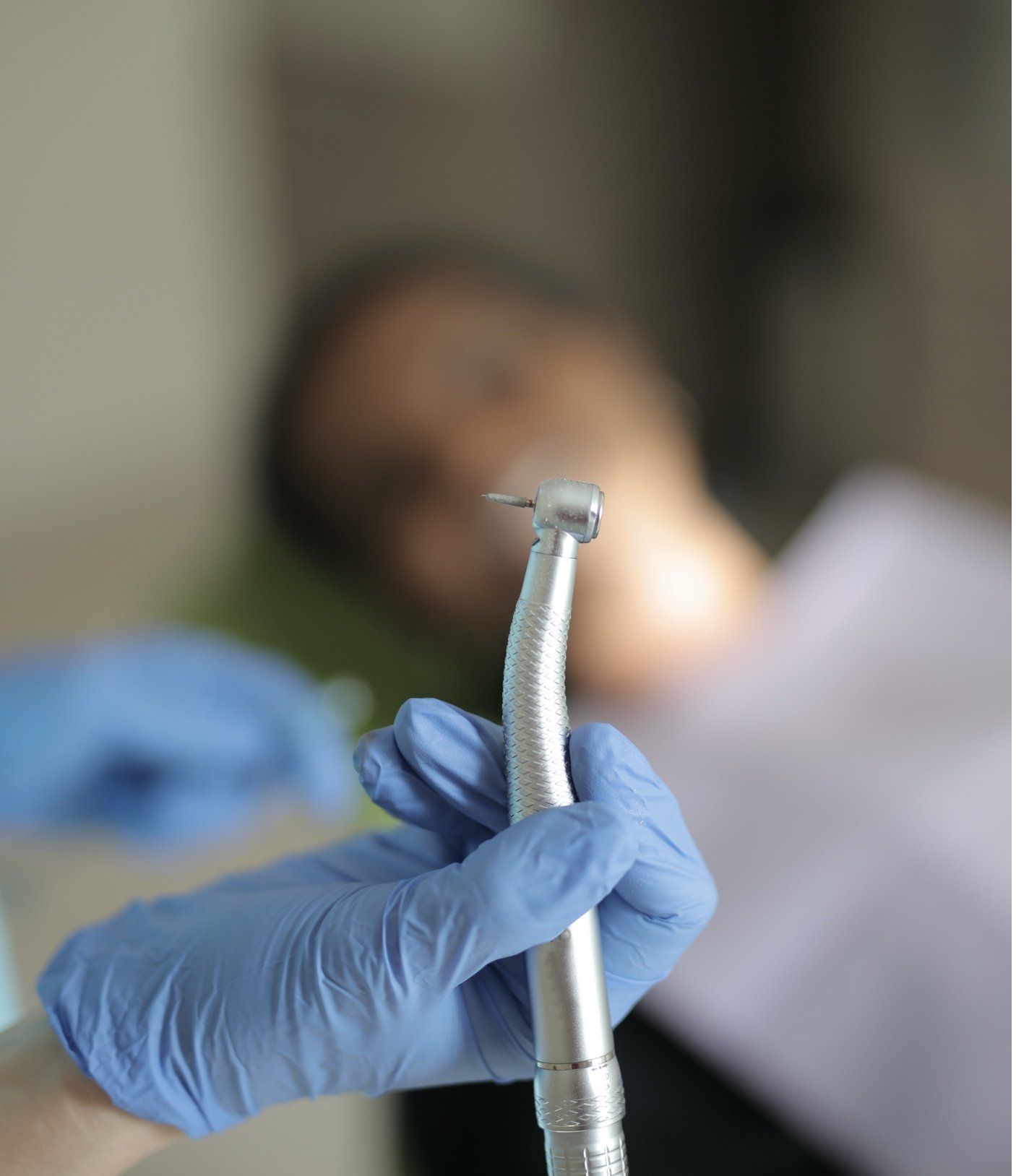Endodontics
What is endodontics and why is it important to have a dental clinic that can provide endodontic care? The word endodontics stems from the Greek words endo, meaning inside, and odon, meaning tooth. An endodontics dentist specializes in injured or diseased dental pulp (which is the living tissue inside the tooth). When the nerve inside a tooth is affected by decay or infection, root canal therapy is needed. Here at Chilliwack Family Dentistry we have several dentists who specialize in root canals and in working with injured or diseased teeth.
What is a Root Canal?
A root canal is when the nerves and bacteria within the tooth are removed and replaced with medicated dental materials. These special materials restore the tooth to its full function. Some patients believe that removing the infected tooth entirely will solve the problem. However, pulling the tooth is ultimately more costly and may cause significant issues with the neighbouring teeth left behind. Having a root canal done on an infected or decaying tooth is the best way to save the tooth; it is highly successful and usually lasts a lifetime. On the rare occasion that new infections occur, the tooth can be re-treated.
Symptoms of Necessary Root Canal Treatment
If you are experiencing the following signs and symptoms, you may need root canal therapy. You may be experiencing some or all of these symptoms, or even none at all. Our dentists at Chilliwack Family Dentistry can let you know if a root canal is needed.
- Sensitivity to hot and cold.
- Severe toothache pain.
- Swelling or tenderness around the tooth.
- An abscess (or bump) around the gums.
The Root Canal Process
A root canal procedure typically requires two appointments and can be performed by an endodontist (a root canal specialist) or a regular dentist. At Chilliwack Family Dentistry Clinic, we are well experienced at handling root canals.
First, the tooth is numbed, and a rubber dam is placed around the tooth to keep it dry. A series of root canal files are used to remove the pulp, nerve tissue and bacteria living inside the tooth. Once the tooth is cleaned out, special dental materials are used to fill in the tooth and seal it. Finally, the tooth is crowned (a cap is placed on top of it), to protect the tooth and prevent it from breaking.
Recovery
After treatment, your tooth may still be sensitive; this will pass as the tooth heals. At our office in Chilliwack, you will be given care instructions after each of your appointments. In order to prolong the life of your root canal treatment, we encourage good oral hygiene and regular dental visits.




